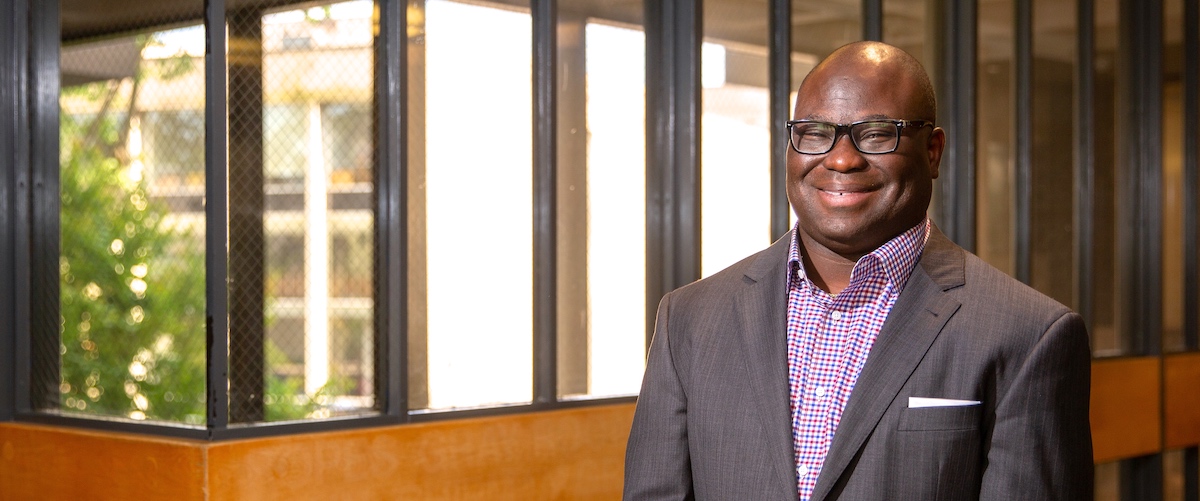As the managing partners and general counsel of top law firms and corporate legal departments, LCLD Members are some of the most powerful legal leaders in the United States. But some of our Members go above and beyond in applying their leadership to advance diversity and inclusion at their organizations and in the broader legal profession. These individuals exemplify LCLD's mission to make the legal profession as diverse as the nation it serves.
LCLD asked Carlos Brown, Senior Vice President and General Counsel of Dominion Energy, Inc., to share one of the most innovative, impactful ways his organization is advancing inclusion.

1. Provide a brief description of your initiative.
In 2017, I initiated a collaborative partnership with our lead outside firm in which I requested that they identify four of their high potential diverse associates so that I could become personally involved in mentoring and or sponsoring their careers. In that process I meet with those individuals at least twice per year, or more as the case may be. I also personally engage firm leadership to track their development and strategize on how to assure that they are receiving the opportunities to be successful. The results are that two of those individuals have moved to teams that provide them greater opportunities to make partner—one, because they are now able to work on our matters, and the other, because they were not being supported by their supervising partner.
2. What inspired you to take action on this element of D&I?
I had observed that notwithstanding considerable effort by the firm to recruit minority attorneys, the firm had not been successful at either retaining or promoting them to partner. I wanted to understand the disconnect between the recruiting effort and the promotion. I hypothesized that having these developing lawyers, whose talent had already been validated, develop a relationship with an important client could be a significant factor in their promotion evaluation.
3. What makes your efforts innovative and different?
General counsel have been criticized in the past for being “all talk and no action” on truly driving change in the industry. Frequently we would attend conferences and issue letters requesting diversity data or stressing our commitment, but rarely did we do anything that was not at arm’s length for fear of breaching some unwritten protocols or being blamed for the outcome of a matter due to a staffing decision.
My goal in initiating this program was to directly become involved in the mentoring and sponsorship of talented, diverse attorneys in a way that created accountability for both the firms and me to create opportunities for these diverse attorneys to be successful.
4. Are there lessons you learned? Are there things you would do differently?
The lesson I learned is that this process works and is only limited by my level of investment. I also noted that it is most impactful when you have significant financial relationships with your firms. The firm has to understand that you will make business decisions based on their follow-through on the initiative.
Another lesson is that you cannot be shy about directing work to the individuals that you are sponsoring. The fascinating thing is that the only innovation in what we are doing is that we are taking a parochial system that has been used for years and applying it for the benefit of diverse attorneys.
5. Has there been a ripple effect for your majority attorneys?
My openness about this effort has emboldened the other lawyers in my department to feel more comfortable insisting on diverse staffing of our matters. It has also elevated the appreciation of diversity throughout the firm and the department.


